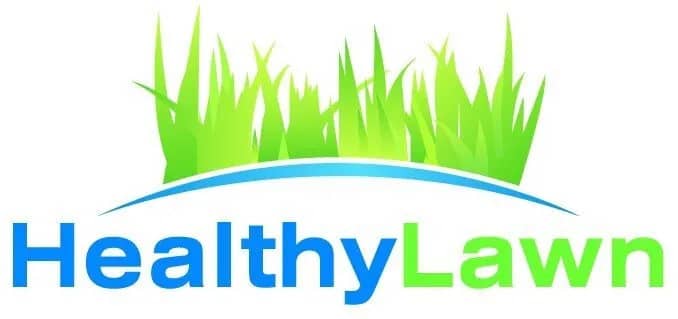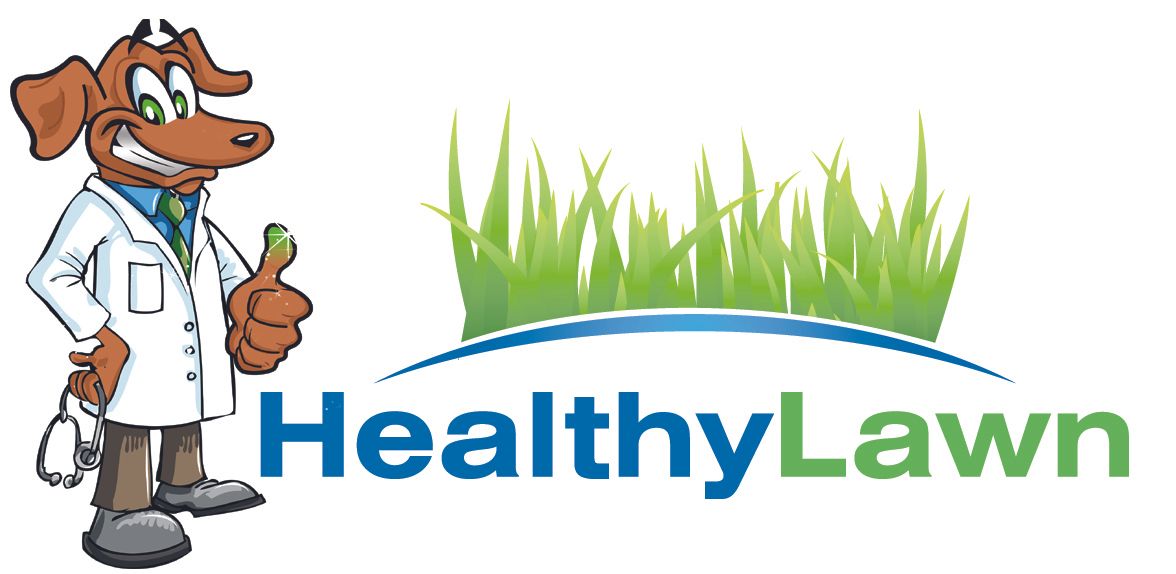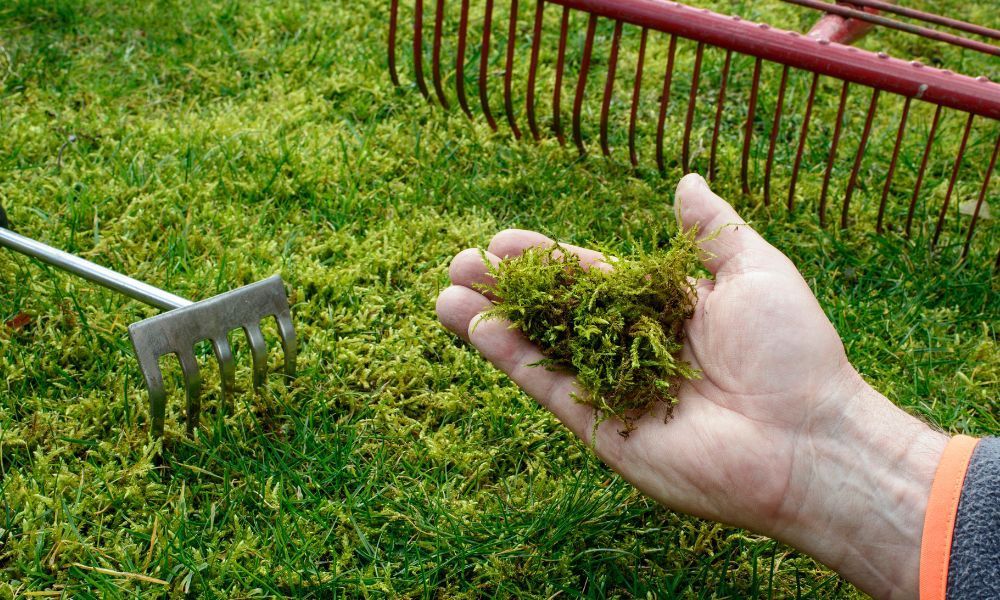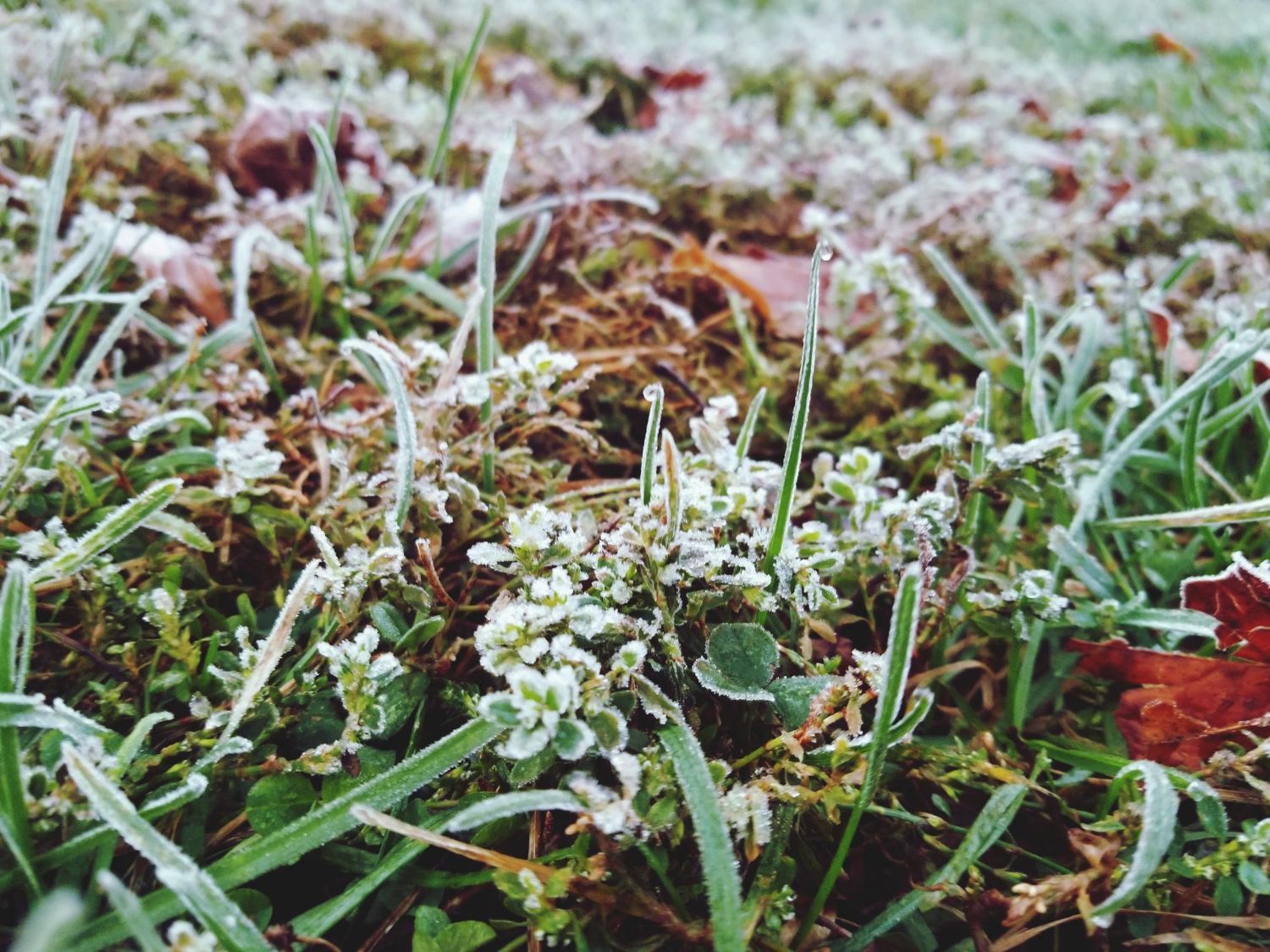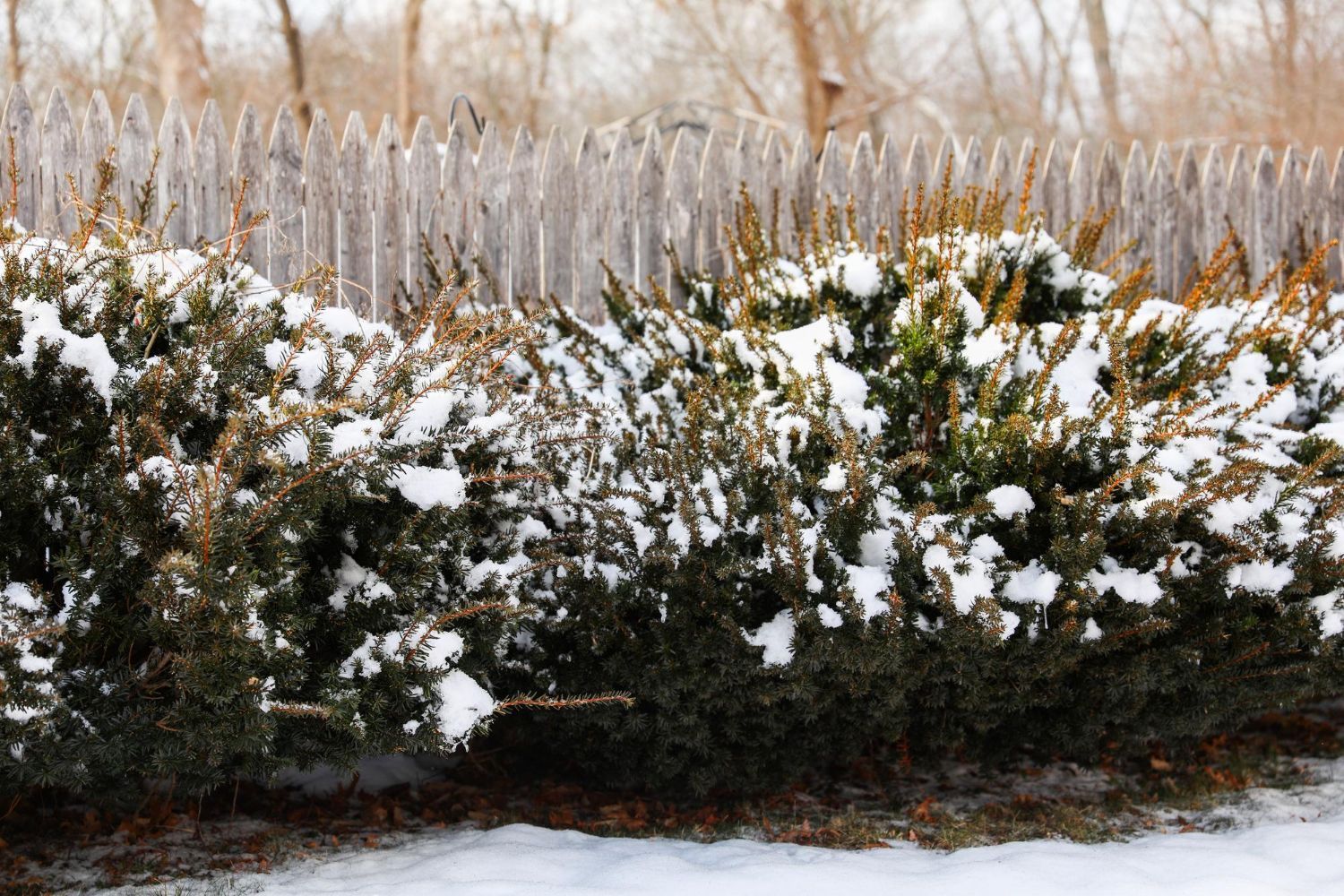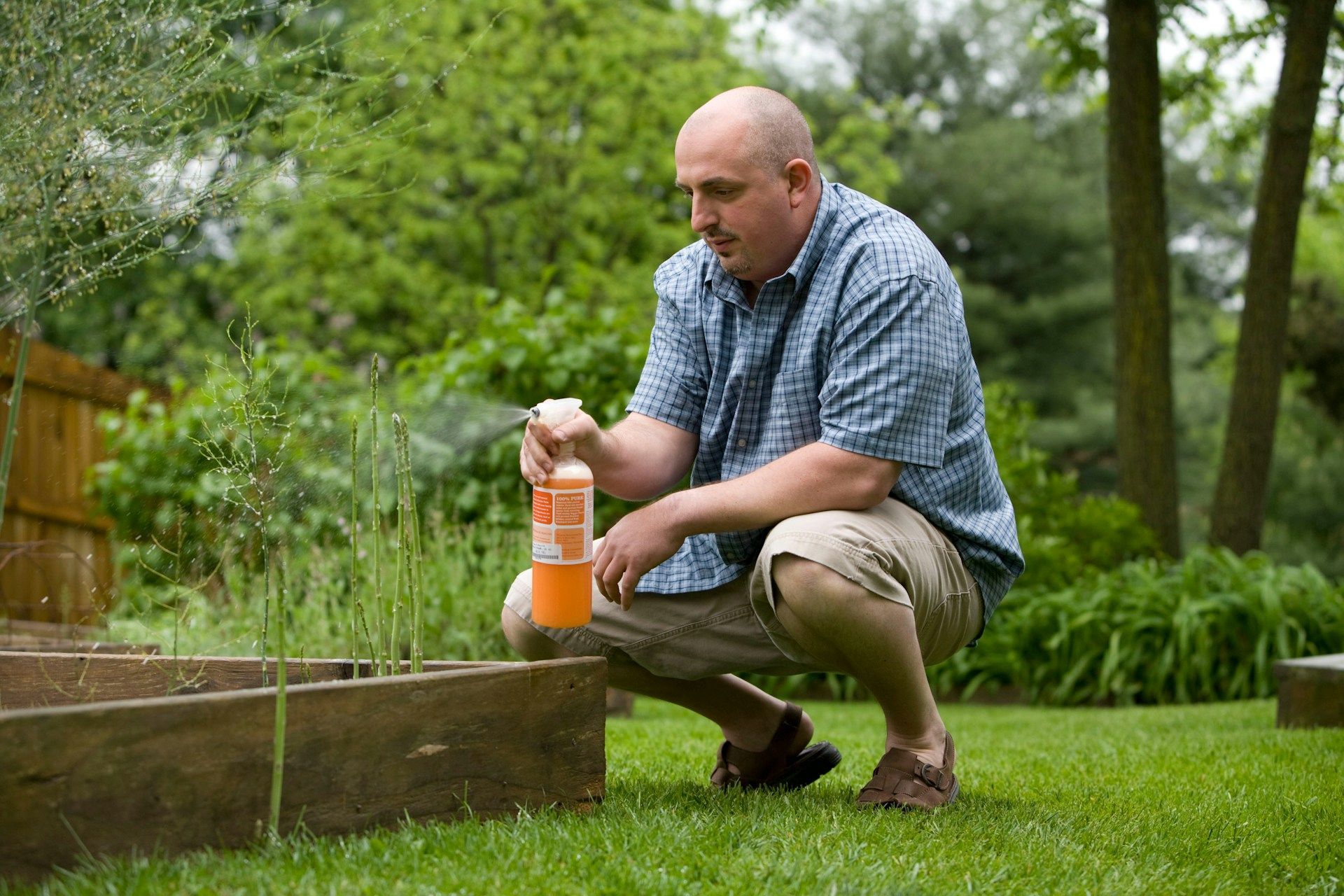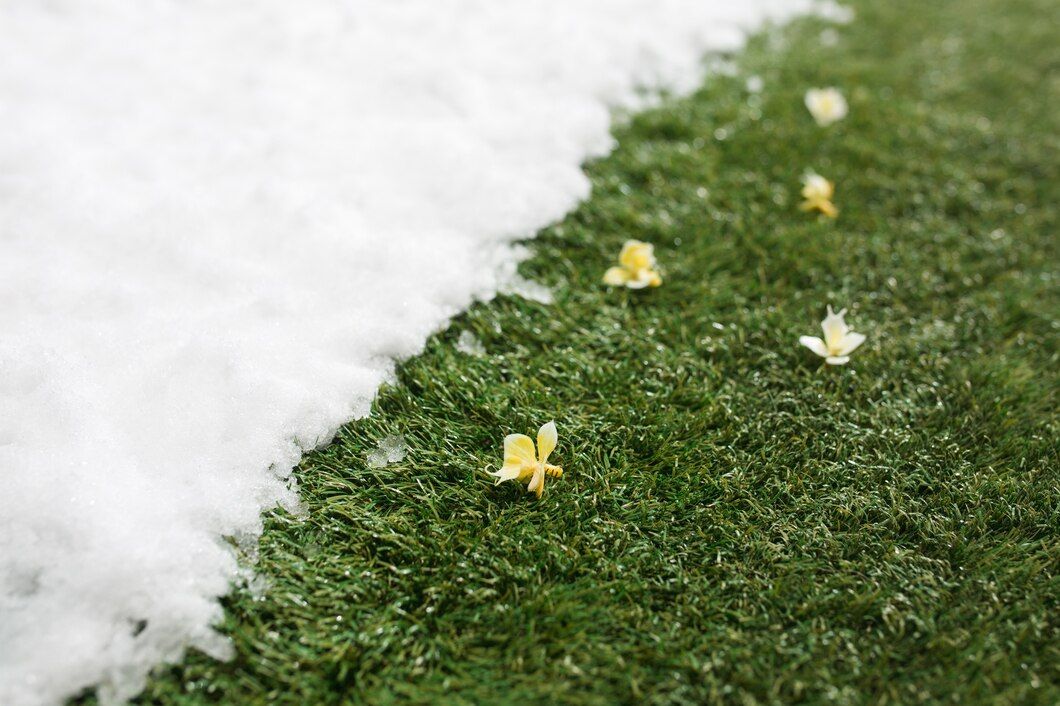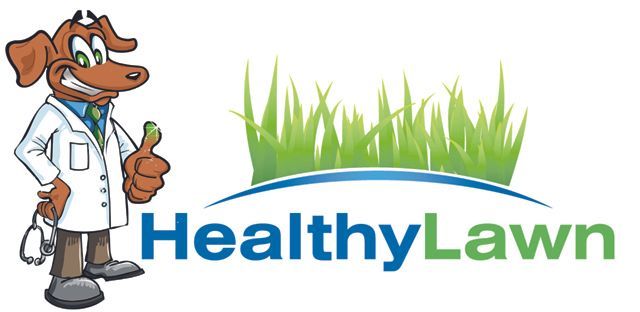What Our Customers Are Saying
Moss Control and Prevention Methods for New Jersey Lawns
Moss can be an unwelcome sight for New Jersey homeowners striving for a lush, green lawn. Thriving in damp, shaded areas with poor soil quality, moss can quickly take over and outcompete your grass for vital nutrients and resources. While moss is not always harmful, an abundance of it often indicates underlying issues in your lawn care routine that need addressing. Eliminating moss from your lawn and preventing its resurgence can help maintain a vibrant, healthy landscape.
In this article, we'll explain the causes of moss growth and discuss effective strategies for controlling and preventing it from overtaking your New Jersey lawn. Following these expert-recommended methods will assist you in restoring your lawn's beauty and balance, giving you more confidence in your lawn care journey. It's time to reclaim your lawn from moss invasion and enjoy a lush, green space that captivates the eye and adds value to your property.
1. Understanding the Causes of Moss Growth
Before exploring moss control and prevention methods, it's crucial to understand the underlying reasons behind moss growth in New Jersey lawns. Factors that contribute to moss proliferation include:
- Excessive Shade: Moss thrives in areas with limited sunlight where grass struggles to grow. If your lawn has tall trees or structures that cast shadows on your yard, this may create an ideal environment for moss to develop.
- Poor Soil Drainage: Moss is well-adapted to grow in damp, waterlogged soils. If your lawn has poor drainage, it may encourage moss growth while hindering the growth of your grass.
- Soil Compaction: Compacted soil lacks air pockets, making it challenging for grass roots to penetrate and access essential nutrients. This condition favors moss, which doesn't require as much depth and nutrient density as grass to grow.
- Acidic Soil Conditions: Moss prefers soil with low pH levels (acidic), considered unfavorable for most grass types. If your lawn has a pH level below 5.5, it may be more susceptible to moss invasion.
2. Physical Moss Removal Methods
Whether you have a small patch of moss or large sections spreading across your lawn, manually removing the moss is a practical first step. Here are some physical methods to tackle moss growth:
- Hand Raking: For smaller moss patches, this method allows you to remove moss without harming surrounding grass. Using a durable rake, gently break up the moss layer and lift it out of the lawn.
- Dethatching: A specialized dethatching rake or machine can be used to remove moss effectively while also eliminating dead grass, roots, and other debris that may be suffocating your lawn.
- Mowing with a Moss-Catching Lawn Mower: Some lawn mowers have integrated moss-catching capabilities. These mowers use their blades to cut and lift moss into a built-in collection bag for easy disposal.
3. Maintaining Optimal Lawn Conditions
After physically removing moss, address the underlying factors that contributed to moss growth to prevent it from returning. Consider these essential lawn maintenance practices:
- Aerate Compacted Soil: Aerate your lawn using a core aerator or spike aerator to reduce soil compaction and promote a healthier grass root system. As a result, better root penetration will create less favorable conditions for moss to return.
- Balance Soil pH: Conduct a soil test to determine your lawn's pH level. If the soil is too acidic, apply a lime treatment to raise the pH and create a more favorable environment for grass growth.
- Prune Overhanging Branches: Trim trees or shrubs that cast excessive shade on your lawn, allowing for increased sunlight exposure and improving grass growth.
- Improve Drainage: If poor drainage contributes to moss growth, consider installing drainage systems like French drains, swales, or catch basins to redirect excess water away from your lawn.
4. Chemical Control Options for Moss
In some cases, using chemical treatments might be necessary to control severe moss infestations. Use chemical control methods only after exhausting other elimination methods and strictly follow the product instructions:
- Iron Sulfate: This chemical compound is a widely used moss control treatment. Often found in granular or liquid forms, iron sulfate application typically results in the moss turning black and eventually dying, allowing you to rake it out easily.
- Potassium Salts: Similar to iron sulfate, potassium salts act as a contact moss killer, turning the moss black and eradicating its growth.
- Pre-Emergent Herbicides: For lawns with recurring moss issues, applying pre-emergent herbicides can help prevent moss growth. However, use these products with caution and only when necessary, as they can have negative environmental impacts.
5. Ongoing Lawn Maintenance for Moss Prevention
- Regularly mow your lawn at the appropriate height for your grass species to promote dense grass growth that can naturally crowd out moss.
- Implement a fertilization schedule tailored to your grass species and soil conditions, ensuring proper nutrient availability for robust grass growth.
- Conduct periodic soil tests to monitor pH and nutrient levels, applying necessary amendments as required.
Promoting the optimal health of your lawn and addressing the specific factors contributing to moss growth are vital for long-term moss control and prevention. Implementing these strategies will help ensure that your lawn remains moss-free, vibrant, and beautiful throughout the year.
Conclusion
Effectively controlling and preventing moss growth in your New Jersey lawn involves understanding the causes of moss development and implementing targeted strategies to address those factors. By maintaining optimal lawn conditions, focusing on soil health and drainage, and seeking expert guidance when necessary, you can combat moss growth and secure a lush, green lawn that rivals any moss-infested yard.
As a leading lawn care company in New Jersey, Healthy Lawn is dedicated to helping homeowners like you identify, address, and prevent moss growth and other common lawn issues. Our team of lawn care experts can customize a comprehensive maintenance plan tailored to your specific lawn needs, ensuring a healthy and vibrant landscape that you can enjoy for years to come. Don't let moss control your lawn. Trust in our knowledgeable team to help you reclaim your yard, enhance its appearance, and boost your property's overall value with strategic moss-control techniques and a proactive approach to lawn care. Schedule a free consultation with us today!
